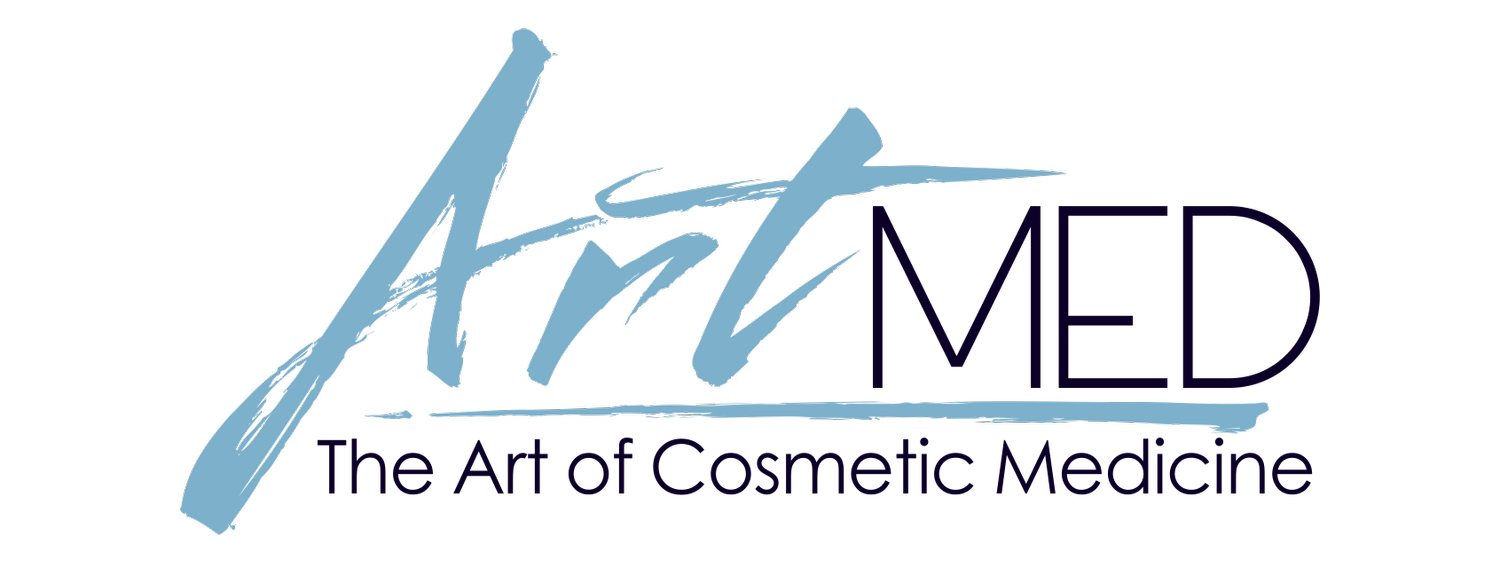13 Tips To Prevent & Treat Mask Acne ('Maskne')
Ah, wearing a mask at all times. The new normal. A shout out of thanks to everyone who is conscientiously wearing a mask to keep everyone and themselves safe!
Mask side effects are rare. Scientific studies confirm that even people with significant lung impairment can breathe well while wearing a mask. So mask related health issues are not common.
The exception? Maskne. For those of you who suffer with this you’ll know this acronym. It stands for ‘mask acne.’
Acne sufferers, and those with oily skin can be prone to breakouts on areas of their face covered by a mask. This type of breakout is well documented in dermatology and is known as acne mechanica. By definition, this is acne related to occlusion of the skin. Helmets, chin straps, bandages and masks can all lead to acne mechanica.
I have written about acne before. For more details about what causes acne and how to treat it have a look at my blog: Acne 101 – Why? And what to do about it.
The causes of acne are multifactorial. But if I had to briefly describe the cause, it is this: Propioni bacteria live on our skin. The bacteria feed on skin oil. If you have oilier skin you may have Propioni bacteria overgrowth. Not a problem unless your immune system decides that the overgrowth is a threat in which case your immune system will be activated to fight the bacteria leading to inflammation, pus etc. Also, acne sufferers suffer from hyperkeratinization – thickening of the keratin layer of the epidermis. This leads to excess oil trapped in the skin and blocked pores.
So how does a mask make all of this worse?
Masks increase the bacterial growth even more by creating a nice, warm, moist environment at skin level. The mask makes a petri dish of your skin leading to more bacteria, more inflammation and more breakouts!
You need to wear your mask, so what should you do if you have maskne?
Wash your face more often, definitely morning and night but also midday if that’s an option.
Use a wash that contains salicylic acid (eg. Vivier medicated acne wash – 2% salicylic acid). This acts as a chemical exfoliation to dissolve the thickened surface layer of skin that is trapping oil and bacteria, like a mini chemical peel when you wash.
If you are very sensitive try Alumier Sensicalm wash which contains ceramides (ceramides help your skin build a protective barrier).
Use an acid-based toner (eg. Alumier Bright & Clear solution) as this will also help continue the chemical exfoliation through the day.
Avoid oily or heavier makeup. If you wear makeup on skin covered by your mask make sure it is mineral based, oil-free and lightly applied.
Retinols are useful for acne as they also exfoliate, smooth the skin and help minimize risk of scarring. But if you are on a high dose retinol (1% retinol or using a prescription retinol) consider reducing the percentage as retinols can make the skin sensitive and the constant rubbing of your mask may lead to increased inflammation (and therefore more acne). If you don’t use retinol consider a low dose retinol like Alumier 0.25% retinol or Alumier 0.5% retinol if very oily. This will help treat your acne but at these gentle doses shouldn’t increase the risk of inflammation.
Use micronized benzoyl peroxide to treat individual pimples. BPO reduces inflammation and kills propioni fast. Micronized BPO more deeply penetrates acne lesions for a quicker and better result (eg. Alumier Acne Balancing Serum).
Use a very hydrating oil-free moisturizer. A moisturizer provides a protective barrier to your skin where your mask rubs against your face. Consider a moisturizer with hyaluronic acid and/or ceramides (lighter moisture: Alumier Ultimate Boost Serum containing hyaluronic acid; heavier moisture: Vivier Lexxel contains linoleic acid which is used in the production of ceramides in skin cells, Lexxel is also great for sensitive skin).
Wash your mask frequently. Try to use a freshly laundered mask daily.
Wear a mask with better ventilation and a soft breathable fabric like cotton. If you must wear an N95 mask try to wear one with a ventilation port.
Consider wearing a copper-infused mask which is antibacterial and antiviral (eg. EnVy copper infused masks).
Do not scrub your skin. Avoid abrasive cleansers mechanical brushes. Physical exfoliation can increase inflammation and worsen outbreaks.
If it is safe to do so, take a 15 minute mask break every 4 hours.
Maskne can be beaten! It takes diligence and attention to skin care products and practices. ArtMed specializes in treating acne and we are dedicated to the fight against maskne! All products mentioned in this article are available at ArtMed or available online with a clinic code (call us to receive your clinic code). Again, thanks everyone for wearing your masks in the fight against COVID-19. Together we are strongerJ.

